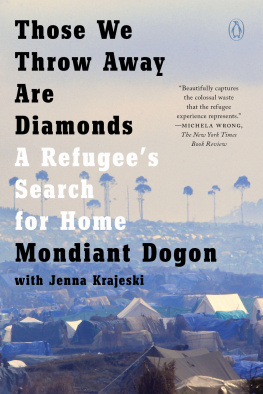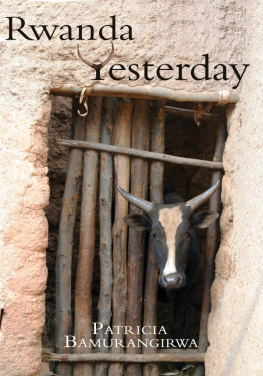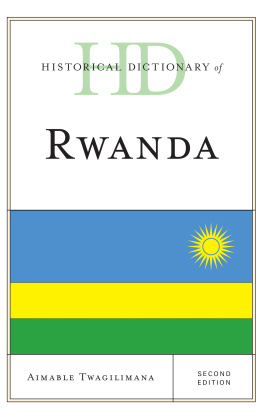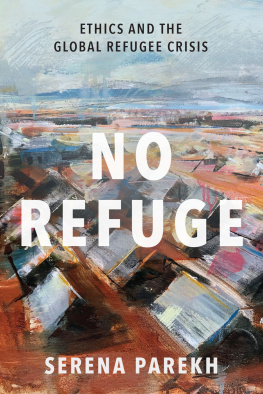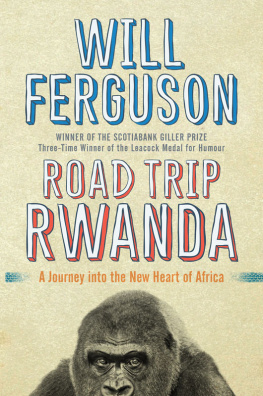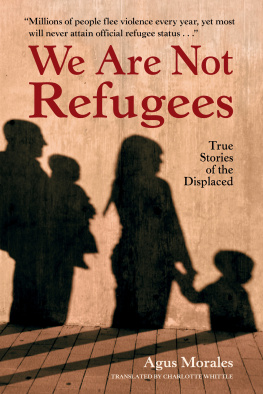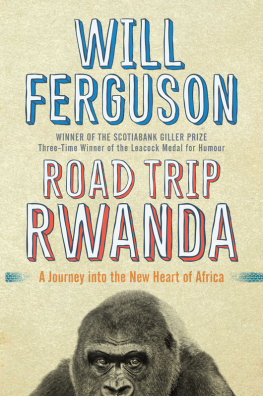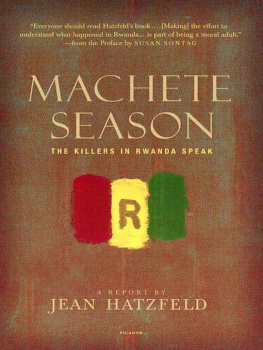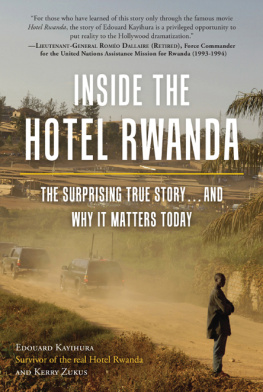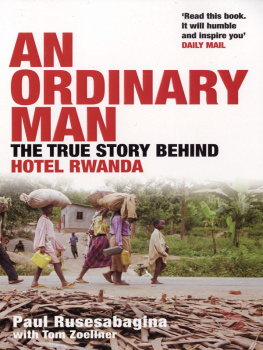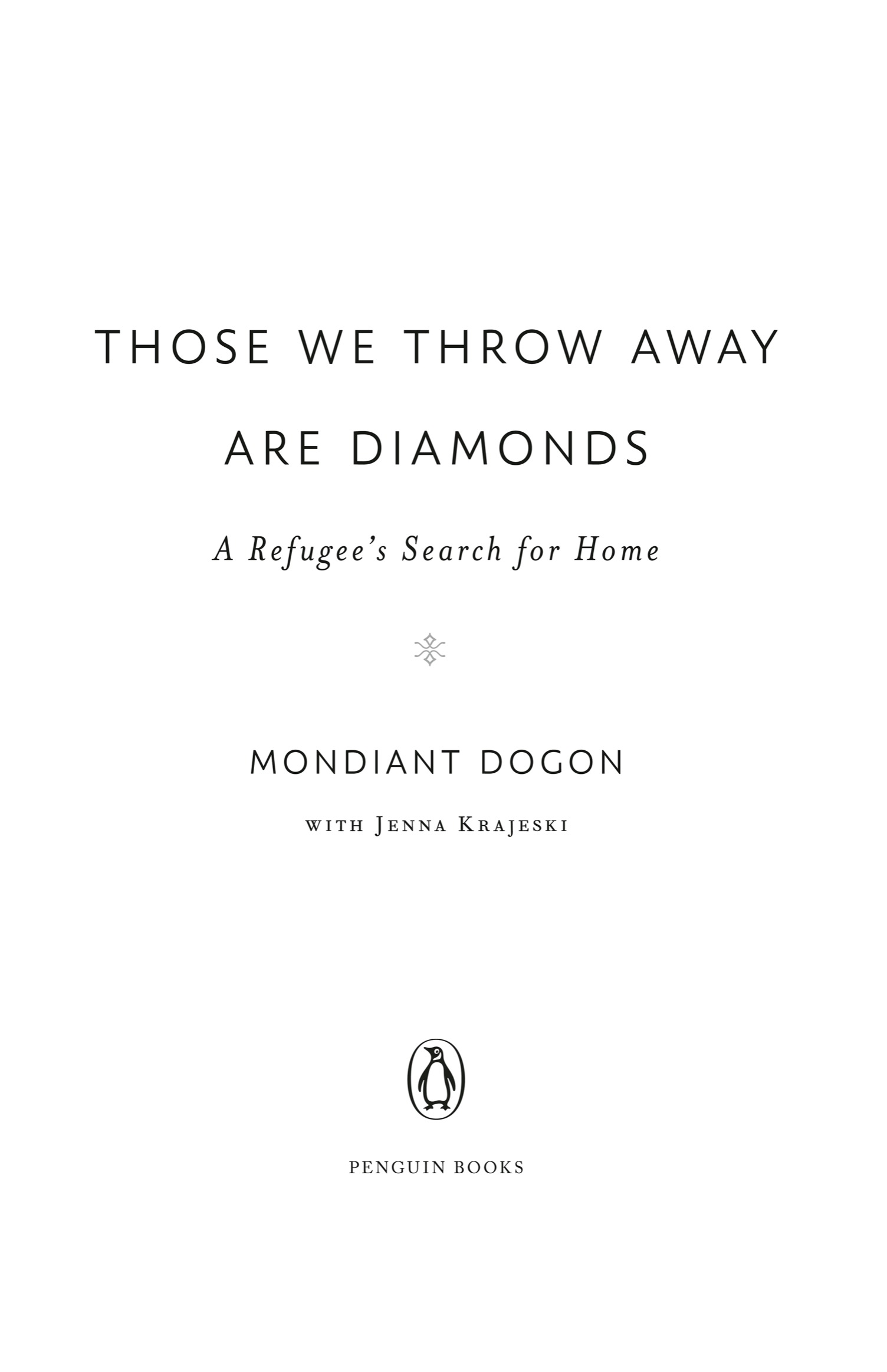PENGUIN BOOKS
An imprint of Penguin Random House LLC
penguinrandomhouse.com
First published in the United States of America by Penguin Press, an imprint of Penguin Random House LLC, 2021
Published in Penguin Books 2022
Copyright 2021 by Mondiant Dogon
Penguin Random House supports copyright. Copyright fuels creativity, encourages diverse voices, promotes free speech, and creates a vibrant culture. Thank you for buying an authorized edition of this book and for complying with copyright laws by not reproducing, scanning, or distributing any part of it in any form without permission. You are supporting writers and allowing Penguin Random House to continue to publish books for every reader.
ISBN 9781984881304 (paperback)
the library of congress has cataloged the hardcover edition as follows:
Names: Dogon, Mondiant, author. | Krajeski, Jenna, author.
Title: Those we throw away are diamonds : a refugees search for home / Mondiant Dogon with Jenna Krajeski.
Description: New York : Penguin Press, 2021.
Identifiers: LCCN 2021004861 (print) | LCCN 2021004862 (ebook) | ISBN 9781984881281 (hardcover) | ISBN 9781984881298 (ebook)
Subjects: LCSH: Dogon, MondiantChildhood and youth. | RefugeesRwandaBiography. | Tutsi (African people)Congo (Democratic Republic)Biography. | RefugeesRwandaSocial conditions.
Classification: LCC DT450.437 .D64 2021 (print) | LCC DT450.437 (ebook) | DDC 967.5710431092dc23
LC record available at https://lccn.loc.gov/2021004861
LC ebook record available at https://lccn.loc.gov/2021004862
Cover photograph: Matthew Mawson / Alamy Stock Photo
Designed by Amanda Dewey, adapted for ebook by Cora Wigen
Interior map by Jeffrey L. Ward
Some names and identifying characteristics have been changed to protect the privacy of the individuals involved.
pid_prh_5.7.1_141524367_c0_r1
For all refugees
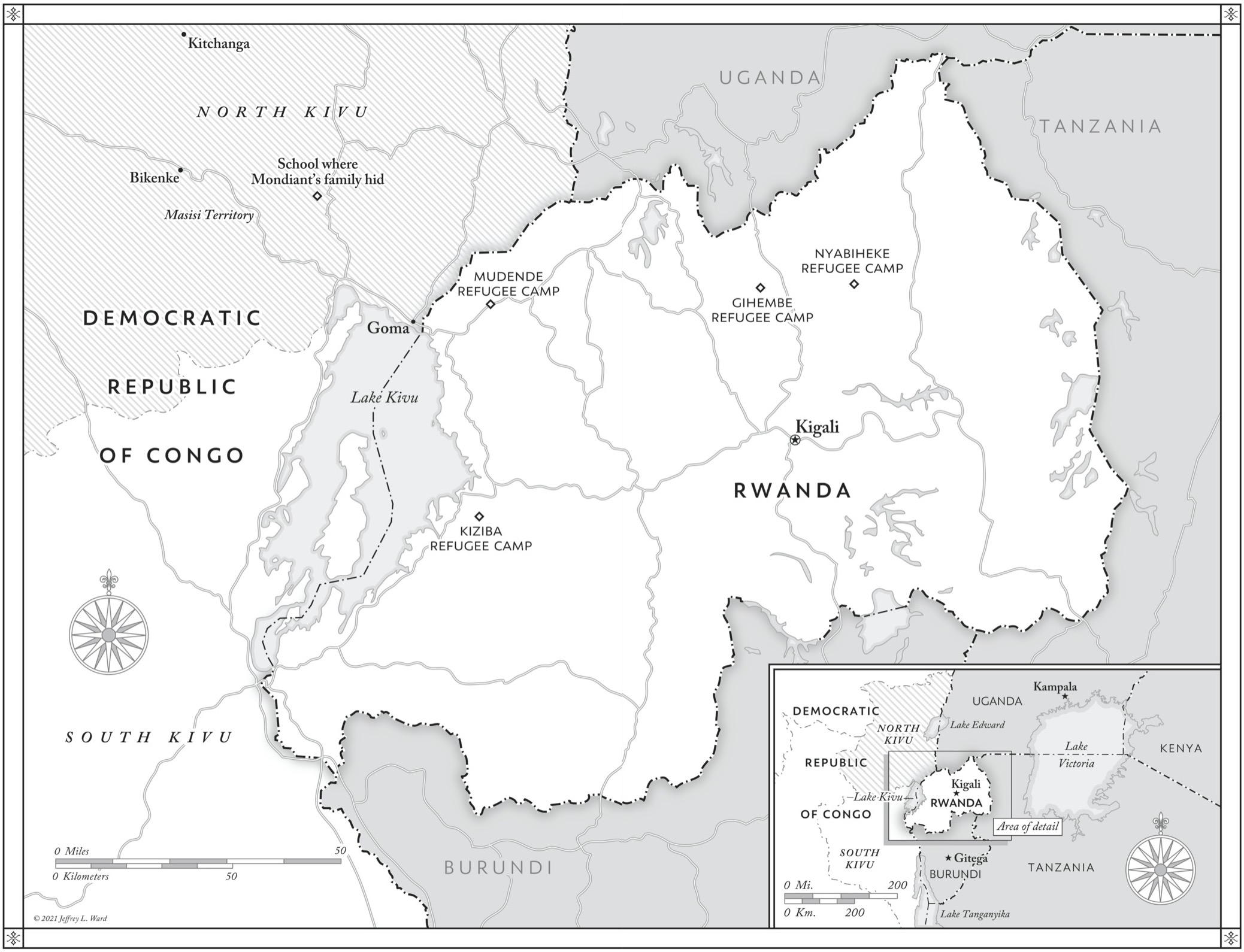
Introduction
Do not keep them away, they need justice to live at least
Do not close your doors, they want to get a little rest
The land has many sinners, the realm needs many priests
To beg almighty God for refugees and migrants peace
Those we throw away are diamonds
In 2013, when I was still living in Rwandas Gihembe refugee campone of tens of thousands of Congolese Tutsis who had been in the camps since 1997 with little prospect of leavingto keep my soul from dying, I started writing a book. My book began with a poem, and that poem had a refrain. Each stanzaone about memories of my childhood in rural eastern Congo, another about the massacres that tore us from that home, others about the resilience of refugees all around the worldended with a single line: Those we throw away are diamonds.
We are thousands of youth on this mountain, I wrote. We are conquerors, we quell earthquakes.
We are the Congolese refugees who have lived in the Gihembe refugee camp for years. Dont throw us away.
We were weaned from school due to funds, the poem continues. Its a burden, its a border against our bright future / Bear this in mind: we no longer play for fun / Those we throw away are diamonds.
Diamonds, to a Congolese person, bring to mind colonialism, theft, and slavery. Refugees make others think of war, poverty, famine. In my writing, I wanted to reimagine everything. I wanted to wipe everything clean. I wanted readers to know that the real wealth in Congo isnt what was hidden in the ground, exploited by white colonizers. Congo is full of real people. Many of them, like me, have been forced from their homes because of violence, and live without a way to have their voices heard. Every refugee, from Rwanda to Syria to Guatemala, has a story. Every refugee is a diamond.
For years, I wrote whenever I could, a sentence at night in my home that I shared with my family in Gihembe, a paragraph between classes in my dorm at the Rwandan high school I fought to get into; at the University of Rwanda in Kigali, when I could afford to be there. When it rained and soaked my pages I started again, and years later when someone lent me a laptop, I typed so slowly that I worried it would take me decades to finish. But I wrote because my life and the lives of all the refugees around me were a series of untold stories, unheard by a world that too quickly forgot about us.
Some of those stories are nightmares. We ran from massacres and watched from a hill while my aunt and her family, who had stayed on the farm too long, were burned alive inside their home. My mother fed us the gluey mess of a boiled blanket. We walked for hours searching for the firewood and water that would keep us alive, and were beaten by local security forces if we strayed too far. The land we lived on would never be ours; we prayed that one day we would be embraced by any country. I wrote because I wanted to find meaning in these tragedies.
There are many stories of hope. Refugees built lives in the camp in spite of the restrictions. We opened stores and planted gardens. We studied day and night in order to continue going to school, and then the luckiest among us walked for days to get to that school. We had weddings and graduations, festivals in which we sang the songs of our Bagogwe heritage. If you closed your eyes, it was as though you were home in Congo. Babies were born to ecstatic mothers and fathers. Some of us were able to leave and start lives elsewhere. I was helped by a miracle. For many, just enduring Gihembe is a triumph worth telling over and over.
I wrote to feel connected to the tens of millions of refugees searching the world for a home. Sometimes we heard stories about them on our radio. Refugees were fleeing from the Middle East, Central America, and East Africaa refugee crisis, the reporters called it. In so many ways their lives were exotic to me. I had never been to Syria or Myanmar. But in other ways, their journeys were identical to the one I took in 1995, when I fled violence in eastern Congo with my family. By writing about what came after that flight, after the gates to a refugee camp close and the journalists leave, I hoped to remind the world that the refugees story doesnt end once they arrive in the camp. I hoped that none of these new refugees would be forgotten as we were for decades, forever refugees lost in a permanent impermanence.
I wrote because I wanted to remember. I wanted to remember the sound of the wind in the forest in Congo and the stories my grandmother told me and my siblings before we went to sleep. I worried that unless I wrote them down, I might forget my friends Clestin and Patrick, who died in the massacres in Mudende refugee camp, or my parents friend Alphonse, who rescued me from a life with the Congolese rebels. My mothers traditional Bagogwe dress, which she wore only on special occasions; my fathers laugh as he sat around the fire with friends; even the groan of one of our cows giving birth on a pasture in Congo: these are all remembered in these pages.
But trauma makes a joke out of memory. I fled my home village when I was three years old, and not all of my memories of that time are my own. Much of what I remember was told to me by my parents and older siblings, or my friends, or absorbed through things I read or heard on the radio. Some are impressions I tried my best to translate into language.

